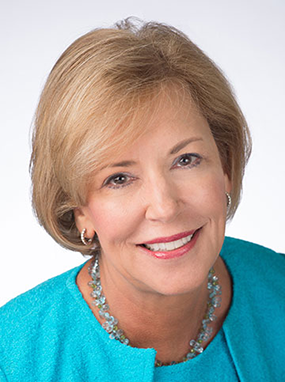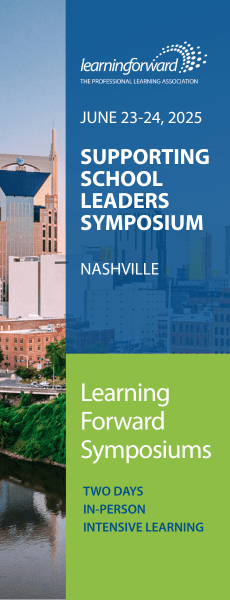Read the remaining content with membership access. Join or log in below to continue.
Sed ut perspiciatis unde omnis iste natus error sit voluptatem accusantium doloremque laudantium, totam rem aperiam, eaque ipsa quae ab illo inventore veritatis et quasi architecto beatae vitae dicta sunt explicabo. Nemo enim ipsam voluptatem quia voluptas sit aspernatur aut odit aut fugit, sed quia consequuntur magni dolores eos qui ratione voluptatem sequi nesciunt. Neque porro quisquam est, qui dolorem ipsum quia dolor sit amet, consectetur, adipisci velit, sed quia non numquam eius modi tempora incidunt ut labore et dolore magnam aliquam quaerat voluptatem.
References
Brandt, R. (2003, Winter). Is this school a learning organization? JSD, 24(1), 10-16.
Cohen, D.K. & Hill, H.C. (2001). Learning policy. New Haven, CT: Yale University Press.
Farren, C. (1999). A smart team makes the difference. The Human Resource Professional, (12)1, 12-16.
Fullan, M. (2000). The three stories of education reform. Phi Delta Kappan, 81(8), 581-584.
Garet, M.S., Birman, B.F., Porter, A.C., Desimone, L., & Herman, J. (1999). Designing effective professional development: Lessons from the Eisenhower program [and] technical appendices. Washington, DC: U.S. Department of Education.
Gregory, A. (1999). Solving the team-building jigsaw. Works Management, 52, 56-59.
Joyce, B. & Calhoun, E. (1996). Learning experiences in school renewal: An exploration of five successful programs. Eugene, OR: ERIC Clearinghouse on Educational Management.
Joyce, B. & Showers, B. (2002). Student achievement through professional development. In B. Joyce & B. Showers (Eds.), Designing training and peer coaching: Our need for learning. Alexandria, VA: ASCD.
King, M.B. & Newmann, F.M. (2000). Will teacher learning advance school goals? Phi Delta Kappan, 81(8), 576-580.
Leonard, D. & Swap, W. (2004, September). Deep smarts. Harvard Business Review.
Odden, A., Picus, L., Archibald, S., Goetz, M., Mangan, M.T., & Aportela, A. (2007). Moving from good to great inWisconsin: Funding schools adequately and doubling student performance. Madison, WI: The Wisconsin School Finance Adequacy Initiative, Consortium for Policy Research in Education, Wisconsin Center for Education Research, University of Wisconsin-Madison.
Rothenberg, R. (2003, Spring). Thought leader. Strategy + Business. Available at www.strategy-business. com/press/16635507/8458.
Schmoker, M. (2002). Up and away. JSD, 24(2), 11.
Taylor, W.C. & LaBarre, P. (2006, January 29). How Pixar adds a new school of thought to Disney. The New York Times. Available at www.nytimes.com/2006/01/29/ business/yourmoney/29pixar.html? pagewanted=all.
Yoon, K.S., Duncan, T., Lee, S.W.Y., Scarloss, B., & Shapley, K. (2007). Reviewing the evidence on how teacher professional development affects student achievement (Issues & Answers Report, REL 2007–No. 033). Available at http://ies.ed.gov/ncee/ edlabs/regions/southwest/pdf/REL _2007033.pdf.

Stephanie Hirsh retired in June 2019 after 31 years with Learning Forward, an international association of more than 13,000 educators committed to increasing student achievement through effective professional learning. Hirsh led the organization as its executive director for the last 13 years where she presented, published, and consulted on Learning Forward’s behalf across North America.
Recent Issues
LEARNING DESIGNS
February 2025
How we learn influences what we learn. This issue shares essential...
BUILDING BRIDGES
December 2024
Students benefit when educators bridge the continuum of professional...
CURRICULUM-BASED PROFESSIONAL LEARNING
October 2024
High-quality curriculum requires skilled educators to put it into...
LEARNING TO PIVOT
August 2024
Sometimes new information and situations call for major change. This issue...









